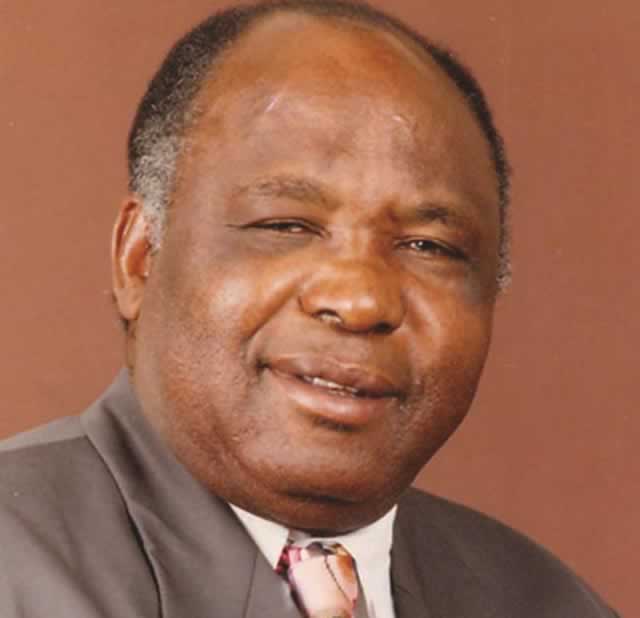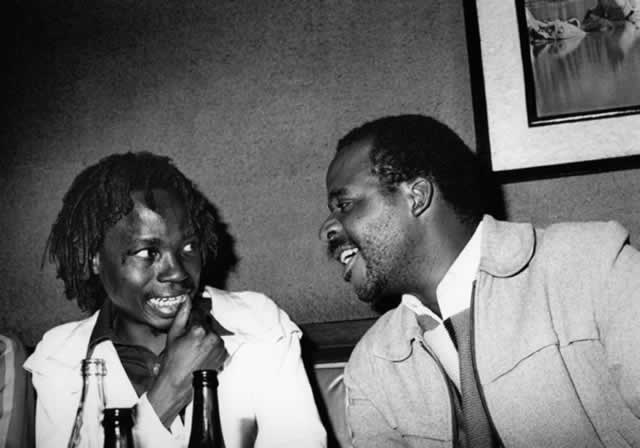‘Crimea’s referendum illegitimate’


Residents of Crimea go to the polls on Monday to vote in the referendum on whether to break away from Ukraine to join Russia. The vote on the status of the peninsula, which has a population of 1.5 million, is seen by much of the west as unlawful. Referendum officials say such a large voter turnout has not been seen in the region since the days of the Soviet Union.-The guardian.
MOSCOW. — Polling stations across Ukraine’s Crimean peninsula were swarmed by residents coming to vote on the region’s secession yesterday, with most observers failing to note any violations of electoral procedures by yesterday evening.
The referendum, widely expected to be passed by an overwhelming majority, is at the centre of the biggest showdown between Russia and the West since the end of the Cold War.
Western and Ukrainian leaders have decried the referendum as illegitimate, noting that masked troops that seized key military sites on the peninsula two weeks ago and widely believed to be under Russian command necessarily undermine the neutrality of the voting process.
But with international observers looking on, it appeared by yesterday evening that the referendum process, sure to remain the subject of prolonged controversy, was proceeding without major incident at the over 1,000 polling sites in the largely Russian-ethnic region.
By 4 pm local time, 70 percent of eligible voters had already cast ballots, according to voting officials. Polls were scheduled to close at 8 pm.
“Currently everything we have seen was without violations or provocations, there is nothing that one could say would make the vote invalid,” said Ivan Abazher, an election observer from Bulgaria.
“The voting is ongoing in a systematic, organised fashion, with no serious violations,” Leonid Slutsky, the head of a Russian parliamentary delegation of observers said.
Berto Fabrizio, an Italian deputy of the European Parliament observing the referendum, said that he had witnessed no pressure exerted on voters.
Yesterday’s referendum, with ballots in the Tatar, Russian and Ukrainian languages, asked voters if they prefer secession from Ukraine and annexation by Russia, or remaining as part of Ukraine but with expanded autonomy for the region.
There was no option for retaining the status quo of the region within Ukraine or for Crimea to become an independent republic without Russian annexation.
A senior Kremlin spokesman said that President Vladimir Putin was closely following the referendum while in Sochi to attend the closing ceremony of the Paralympic Games.
Meanwhile, the UN Security Council resolution on Crimea vetoed by Russia on Saturday could only further worsen the Ukrainian crisis, the Chinese Foreign Ministry said.
A UN Security Council resolution, calling on countries not to recognise the results of the Crimean referendum, “could currently only lead to confrontation and further aggravate the situation,” according to a statement issued yesterday by Chinese Foreign Ministry spokesman Qin Gang.
“This is neither in Ukraine’s interest, nor in the interest of the international community,” the statement said.
It warned all sides against taking any steps that would make the Ukrainian crisis worse.
Thirteen out of fifteen members of the UN Security Council voted March 15 in favour of the resolution, saying that the referendum in Crimea is illegitimate. Russia used its right of veto to block the resolution, while China abstained.
Following the vote, Liu Jieyi, China’s permanent representative to the United Nations, told the Security Council that China held “an objective and fair position on the Ukraine issue,” as cited by Xinhua.
Liu said Beijing vows to “continue to mediate and promote dialogue so as to play a constructive role in bringing about a political solution to the crisis.”
The diplomat came up with three proposals.
He called for setting up an international coordination mechanism to explore possibilities of a political settlement, urged all parties to refrain from escalation, and asked international financial institutions to help restore economic and financial stability in Ukraine. — RIA Novosti/RT/Xinhua.








Comments